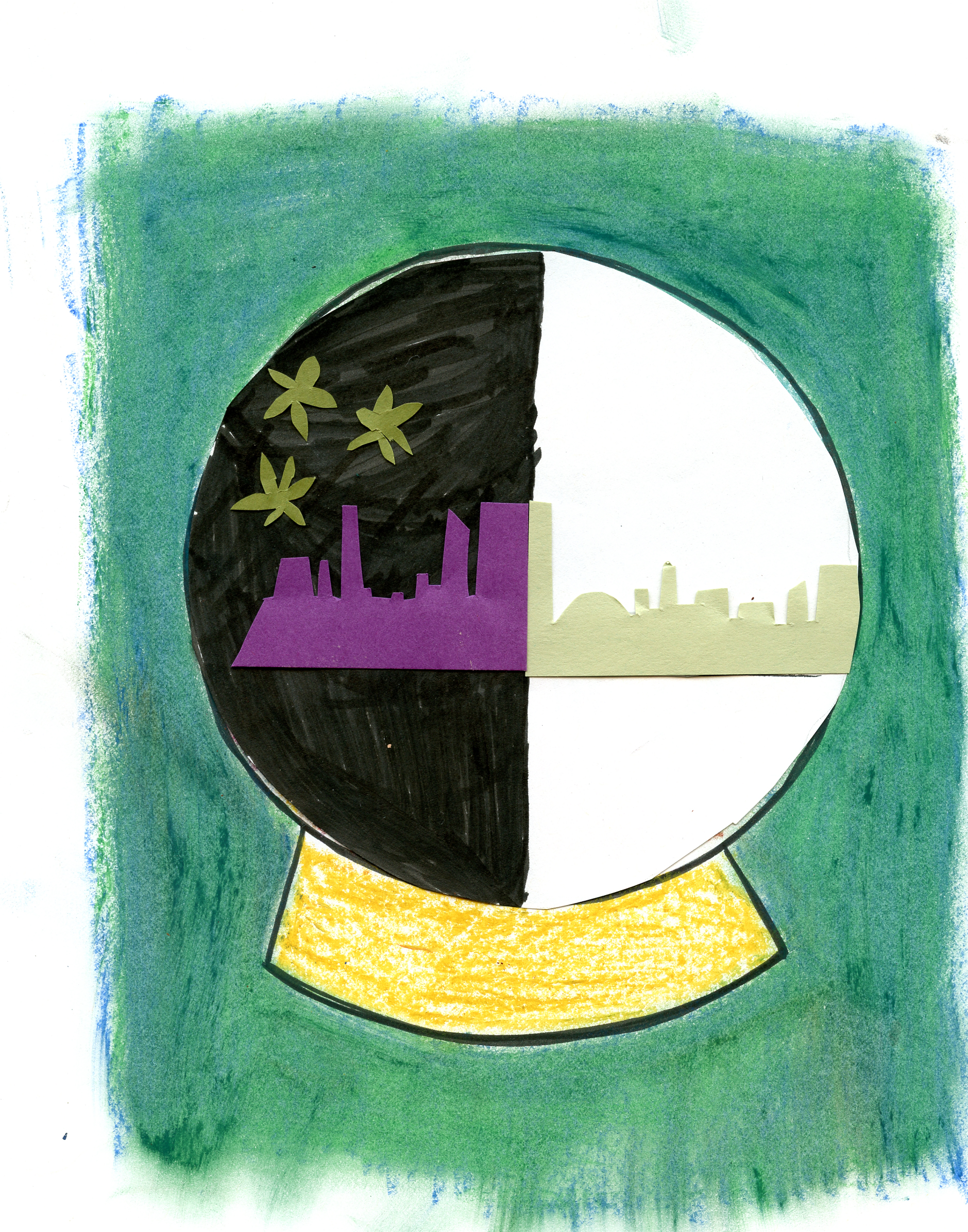Let’s talk about MJ.
No, not the King of Pop. No, not Peter Parker’s lover either. Yes, that MJ. Unfortunately for you, Dr. Conrad Murray and Peter Parker, MJ can still get you busted. Although California allows medical marijuana use with a doctor’s recommendation, it remains illegal on the federal level.
Right now you’re probably asking yourself, why can’t MJ and I just be?
You’re not alone. The California Medical Association, the state’s largest doctor group, is on your side. The CMA called for the legalization of marijuana on Oct. 14, even as it pronounced marijuana to be of questionable medical value.
Putting experts aside, a new Gallup poll suggests that a record-high 50 percent of Americans favor legalizing marijuana use.
On top of that, a petition to legalize pot has topped the White House list with about 60,000 signatures.
It seems like enough support is there ““ so what is standing in the way of legalization?
Well, there are many things. The most important, I believe, is that the debate is being oversimplified into a legalization versus prohibition contest where each side distorts reality.
We need to look for the middle ground, as that is where the truth usually lies. Consulting our reason instead of emotions ““ weighing science and social benefits as opposed to anecdotes ““ will lead to better policy.
Take a common pro-legalization argument (read in Cheech and Chong voice): “The man is keeping us down, man!” It argues that weed has many positive medical benefits. If California just taxed marijuana, those in favor of pro-legalization believe we would be out of this deficit and the economy would take off. Besides, everyone’s doing it. Why don’t we save law enforcement the time and effort and focus on preventing the serious drugs?
Now as appealing as that argument sounds, half of it isn’t even true. The fact is that marijuana has a few benefits, but nothing substantial and worthy of being FDA-approved.
Taxation of marijuana is impossible in California as long as it is illegal federally. So, paying California taxes for weed is admission to a federal crime. Also, if California legalizes and begins to tax marijuana, then all of a sudden smuggling it in from another state is cheaper and more appealing.
On the other side of the spectrum is the tough war-on-drugs hawk who thinks crime is going to grow exponentially with legalization: Kids of all ages will be using it, and every gas station/coffee shop/In-N-Out will be selling it.
This, of course, is the typical exaggeration from the right that produces enough fear to halt change in its tracks.
Recent research by Bridget Freisthler, an associate professor of social welfare at UCLA’s Luskin School of Public Affairs, has found that pot dispensaries in Los Angeles are usually in more affluent areas with little crime. Although she warns that the data isn’t enough to generalize from, it does provide evidence that undermines the worries of the hard-line prohibitionists.
What’s missing from the debate is a more sensible and practical approach that appeases both sides. Instead of mindlessly pushing for legalization or mindlessly fighting against it, a middle ground can be reached.
Mark Kleiman, a public policy professor in the School of Public Affairs, offers an interesting proposal. He says legalizing marijuana isn’t a terrible idea if it’s done non-commercially, through consumers’ co-op (a business owned and operated by a group of individuals for their mutual benefit) or grow-your-own (individuals growing for personal use). These options are better than creating a multibillion dollar industry whose aim is to create as many potheads as possible.
Unless policy is decided on rationally, the status quo will remain. Marijuana will be illegal but not hard to come by.
But maybe that’s what we want ““ to watch Nancy Botwin evade the law on “Weeds” while we twist one up.
Email Zaki at azaki@media.ucla.edu. Send general comments to opinion@media.ucla.edu.
